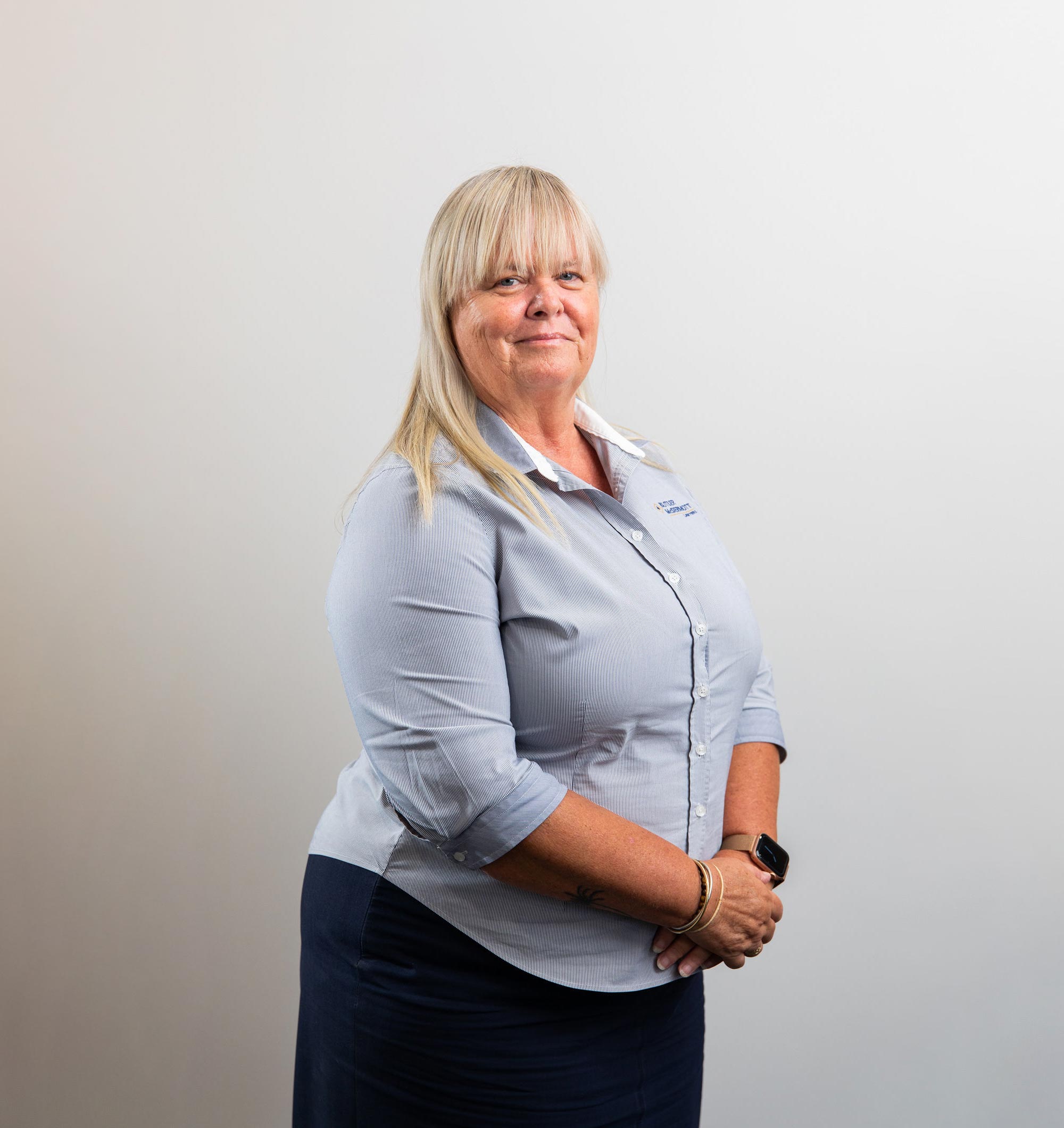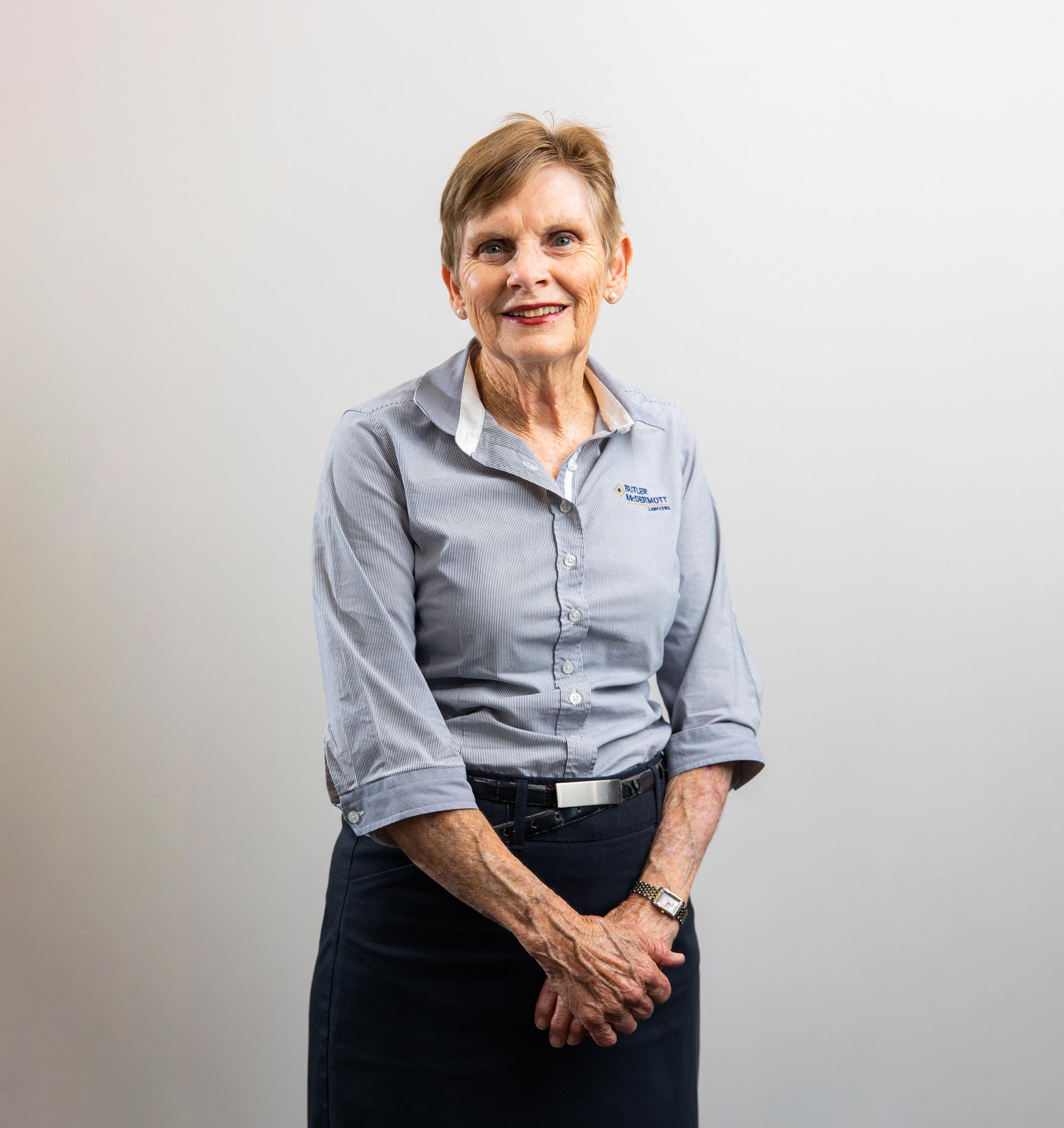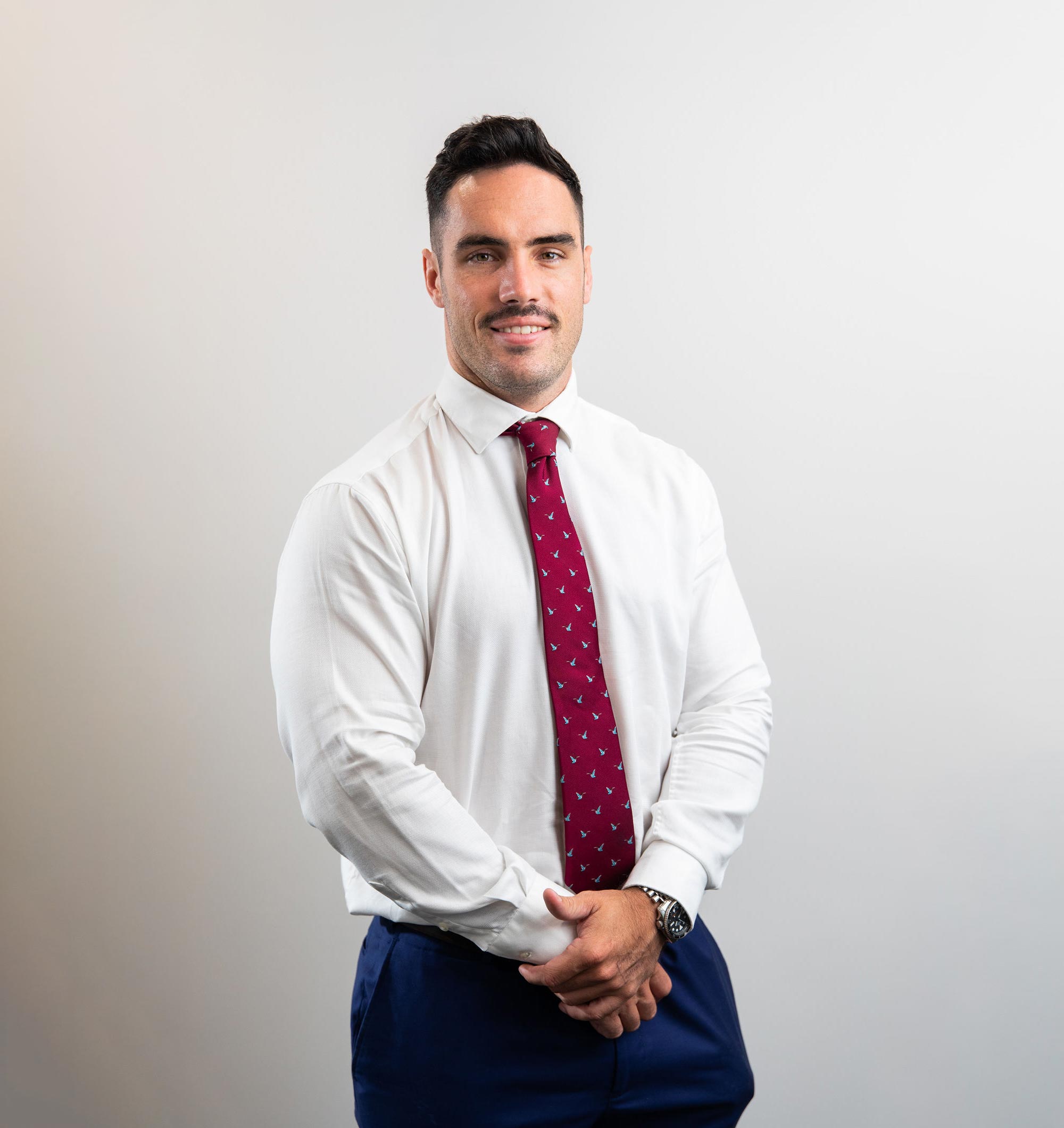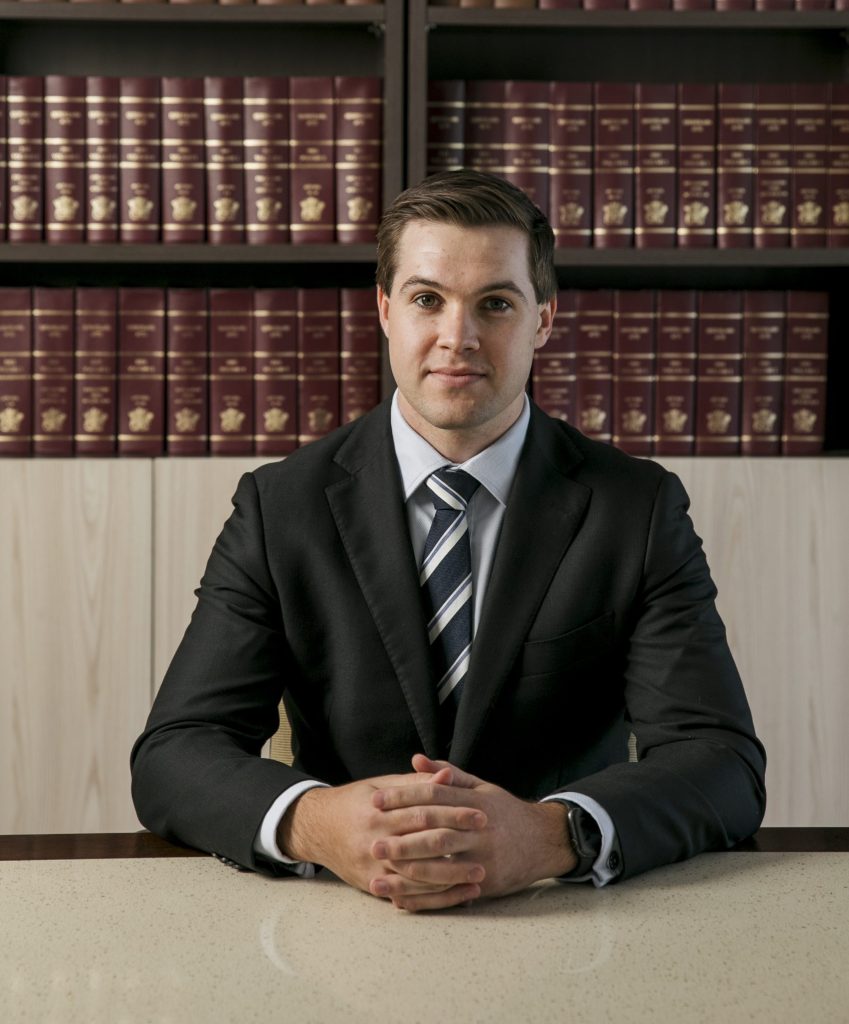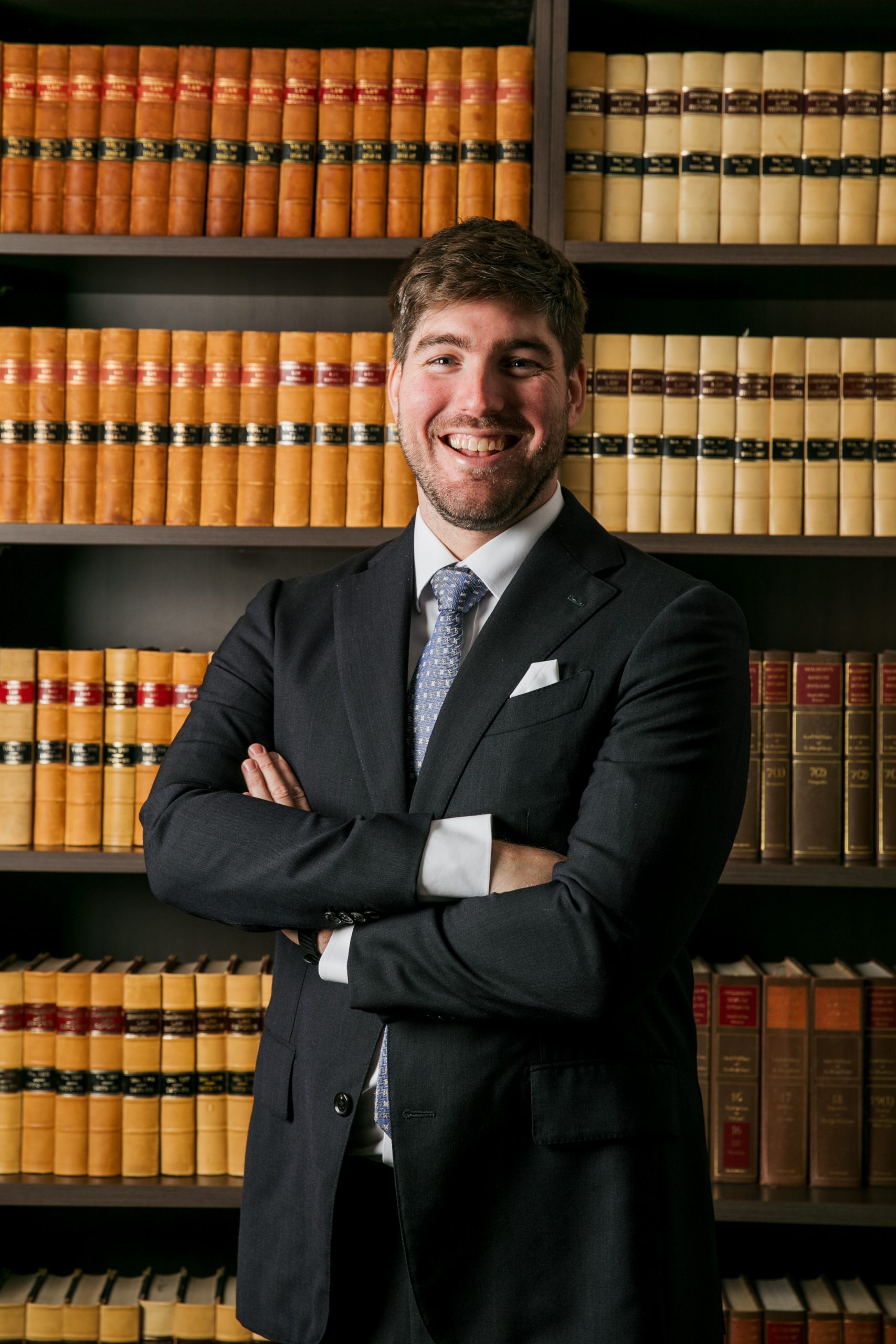Bankruptcy Lawyers
Bankruptcy Lawyers Sunshine Coast
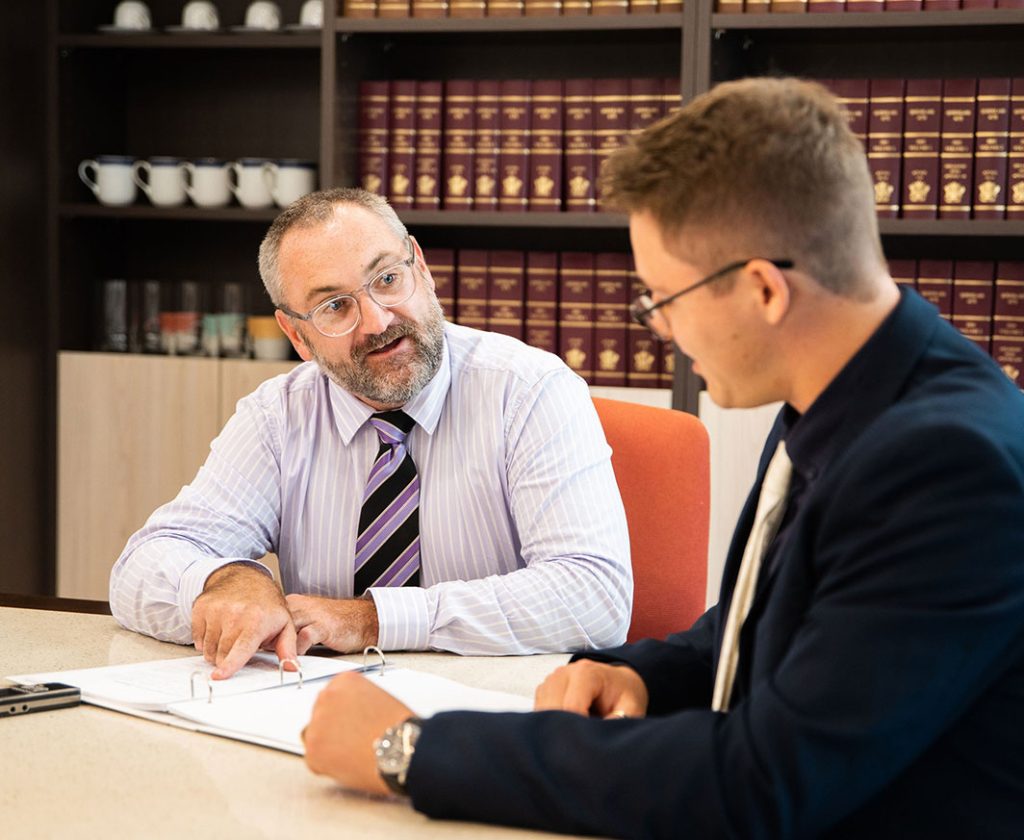
We’ll guide you through
Being a bankrupt means that all of your financial affairs are handled by a trustee for a period of 3 years from the date that you are declared bankrupt. However, you should remember that the period of a bankruptcy can be extended in certain circumstances.
A record of a person’s bankruptcy will be kept permanently on a database known as the National Personal Insolvency Index (NPII) and will also be placed on their credit record for a period of 5 years.
There are 2 ways in which a person can be declared bankrupt;
- A person can voluntarily declare themselves bankrupt if they are unable to pay a debt that they may owe, whatever the value;
- A person can involuntarily be declared bankrupt by a court, following an application by a person or company to whom they owe a debt of at least $10,000 to, known as a creditor.
Bankruptcy will have serious and detrimental consequences to any person, but perhaps most detrimental on professionals and tradesman who require certain certifications, qualifications or registrations before they are allowed to work.
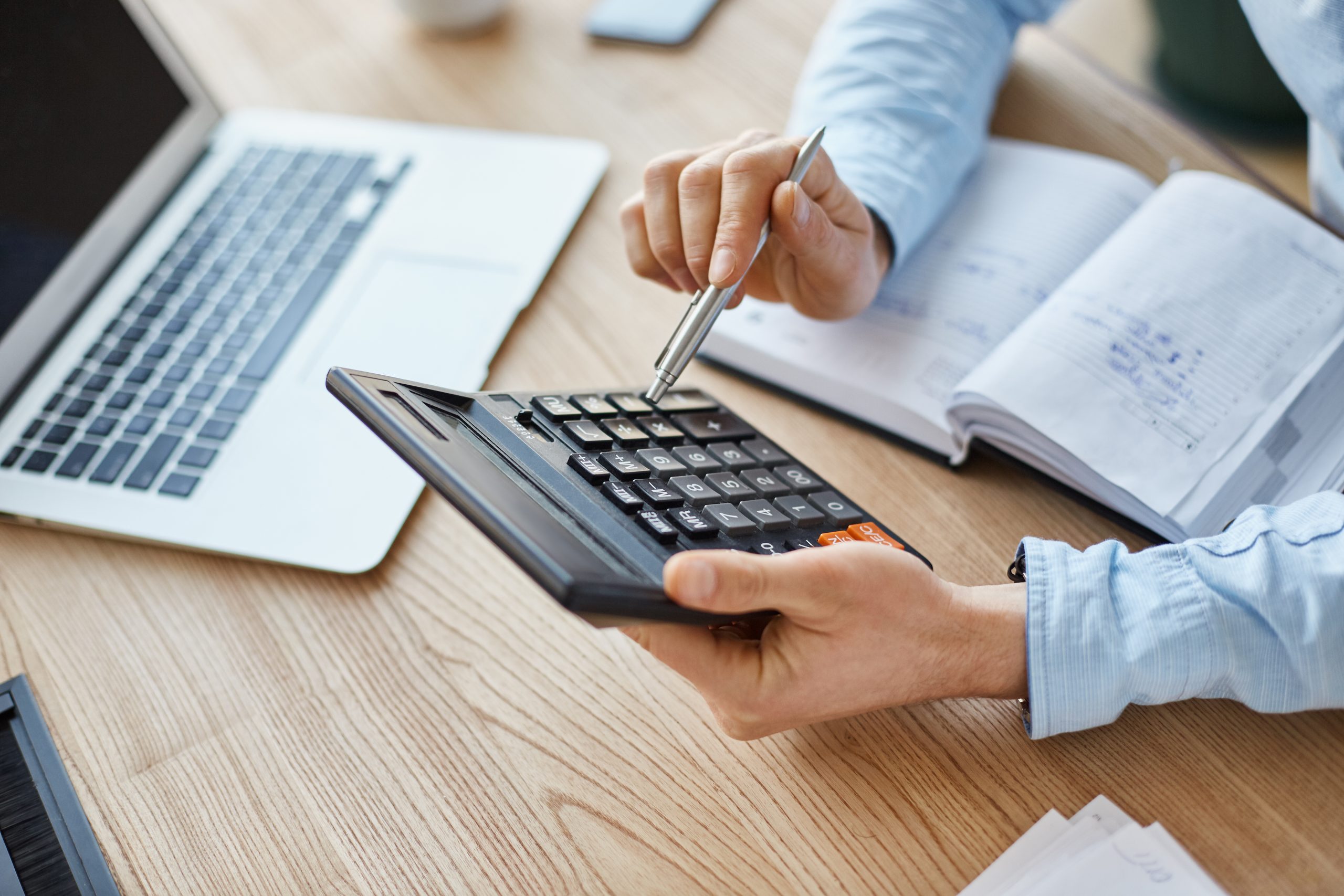
During the period of bankruptcy, a bankrupt is also prohibited from being a director or other influential officer of a company, without the permission of a court.
When declared bankrupt, a person’s assets become controlled by their trustee, whose initial role is to sell those assets and collect as much money as possible for distribution to all of their creditors. They are likely to lose all cash, real estate, cars, artefacts, tools, inheritance monies and other expensive personal effects (so long as they are of a certain value).
A bankrupt will generally not lose their ordinarily household effects and cars, tools and belongings that are of little value. They will also be able to keep any compensation payouts they may have results for personal injuries.
Protecting consumers
What we ordinarily see in bankruptcy matters is that a creditor will not recover the full value of their debt, but only a portion of their debt. This is because a trustee must first satisfy any secured creditors (those who hold a security interest in property) before paying all of their unsecured creditors the balance, in equal percentage to the debt owed. It is unfortunately often the case that a creditor will receive nothing once the bankrupt’s estate is finalised.
If you are of the view that you cannot pay your debts and want to declare bankruptcy yourself, you should contact the Australian Financial Security Authority (AFSA) who will be able to assist you with that process.
If you are owed money by someone and you want to force that person into bankruptcy then our bankruptcy solicitors on the Sunshine Coast can assist in successfully following the very strict process that needs to be adhered to having a person declared bankrupt.

Meet our banckruptcy law team
Butler McDermott is a household name in the Sunshine Coast because we place our clients at the heart of everything we do.
If you are looking for a bankruptcy solicitor to guide you smoothly through the transfer of your property, contact us today to set up an appointment.

